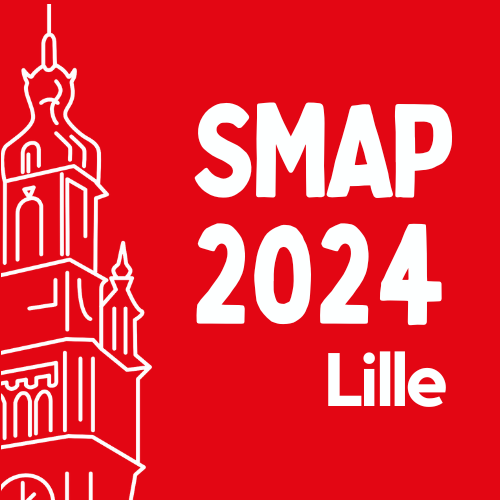
Session: Session 3
Uncovering the effect of PIN1 on the ubiquitin system
Introduction:
Merkel cell carcinoma (MCC) is a rare, aggressive neuroendocrine cancer linked to the Merkel cell polyomavirus (MCPyV). Current treatments often face limitations due to tumor resistance. This study explores alternative therapies by examining the interaction between MCPyV's large T antigen (LT) and PIN1, a protein involved in cancer progression and therapy resistance. We also investigate PIN1's role in protein ubiquitination via NEDDylation, aiming to identify novel treatment targets for MCC and other cancers.
Methodology:
We will inhibit PIN1 and NEDD8 in cells and assess their effects on SCF complex substrates. Mutants of PIN1, RBX1, and NEDD8 will be generated to study their interactions. Techniques such as Immunoprecipitation-Mass Spectrometry, proximity-dependent biotinylation, proximity ligation assay, and fluorescence resonance energy transfer will analyze protein interactions and conformational changes in the SCF complex. Loss-of-function experiments with commercially available drugs against PIN1 and NEDD8 will further elucidate their roles.
Results and Discussion:
Proximity interaction assays have demonstrated that PIN1 is in close proximity to the SCF complex components, particularly interacting with RBX1. The subsequent step involves verifying that this interaction is mediated via NEDD8, a modification of the Cullin protein essential for SCF complex activation. Preliminary experiments indicate that PIN1 induces a conformational change within the SCF complex. The current focus is to elucidate how this conformational change impacts the complex's activity.
Conclusion:
This study identifies a novel function of the NEDD8 pathway in recruiting PIN1 to regulate protein isomerization. It is the first to link PIN1 with the NEDDylation pathway using advanced techniques. The findings are expected to significantly advance our understanding of fundamental and tumor biology, potentially leading to important discoveries.